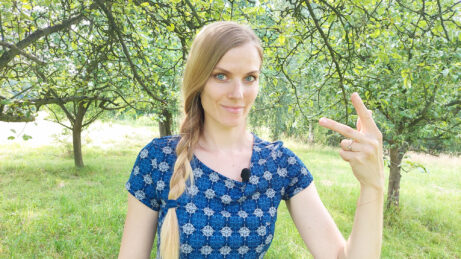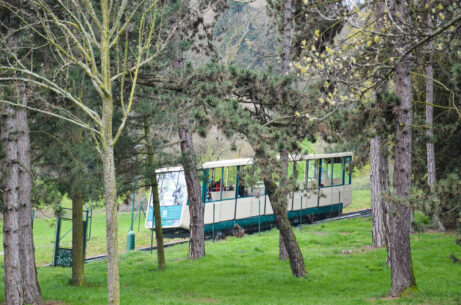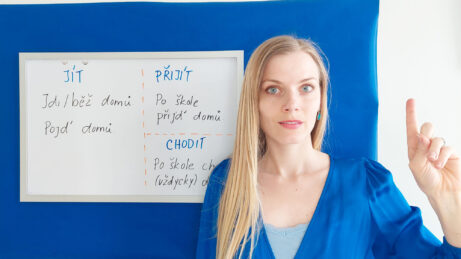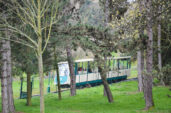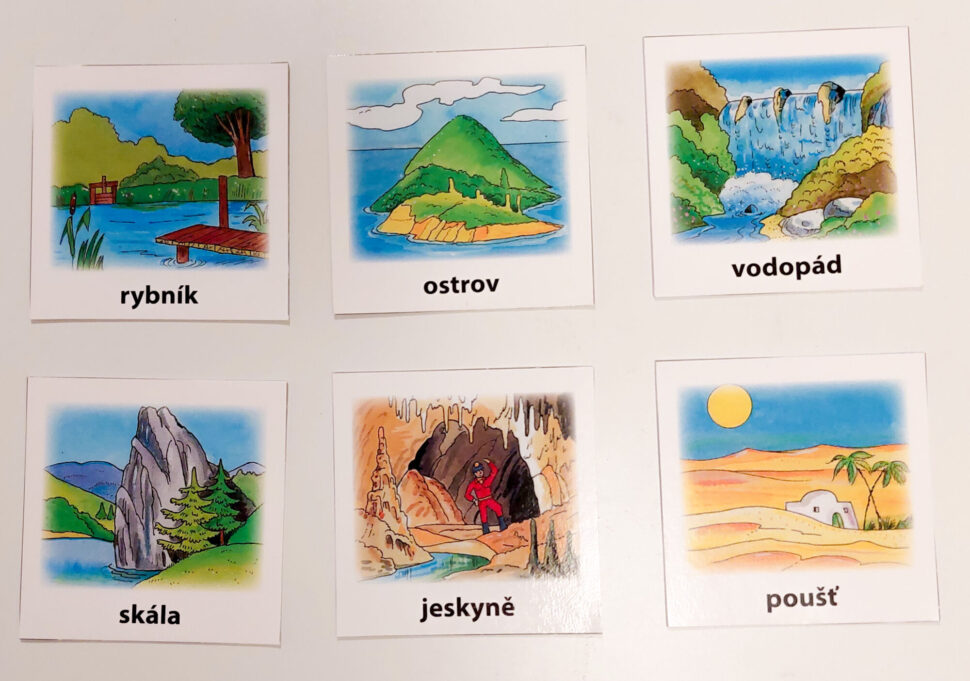
Learn vocabulary in record time
The other day one of my closest friends told me: „I was testing my son on German vocabulary. I did it the way you taught me and I realized how effective that is!“
It’s important to mention that my friend was originally „just“ a student of mine. I started teaching her Spanish on Skype in 2017 and over the years we became good friends (and eventually stopped having lessons).
I first was not sure what was the trick I taught her. She explained: „Well, remember in every of our classes you always tested me on a few words from the previous lesson. You always started asking the words in Spanish and I had to say them in Czech, which was easier, then you switched and I had to translate them to Spanish.“
Right! For me it feels so logical now that I didn’t think of it as a hack. I was wondering if you also know this trick or if it not that obvious for everyone.
I must admit I didn’t come up with this by myself.
The way I studied English vocabulary in the Elementary school might not have been very smart, but nobody told us how to do it. We had a list of words, English on one side in one column, Czech on the other. I would just read all the words, one by one, then cover one column, try to remember the translation. After I was done with the list, I did the same covering the oppposite side. It had this effect of memorizing words in order, so when the teacher tested us, we would be thrown off because she would ask in a different order, of course!
When I was studying to be a language teacher at the university, one semester we had this awesome Didactics class. I remember we learned a lot of tips on teaching, but one exercise left a great impact on me. The teacher showed us how to teach a class in the target language only. We also practised with an activity for learning six words at a time. Six is a magic number beccause it’s the number of items we can memorize and store them in our short-term memory within a few minutes (for instance, memorizing a phone number). The key was hear the foreign words first (many times), bridge them with our mother tongue or pictures, repeat them and only then switching the order and translating from Czech to the foreign language.
I created a lot of games for my students where we learn 6-10 words with pictures and we follow the same procedure. It is great for short term memory, of course you need to keep coming back to those words to get them in your long term memory and keep them as your active vocabulary.
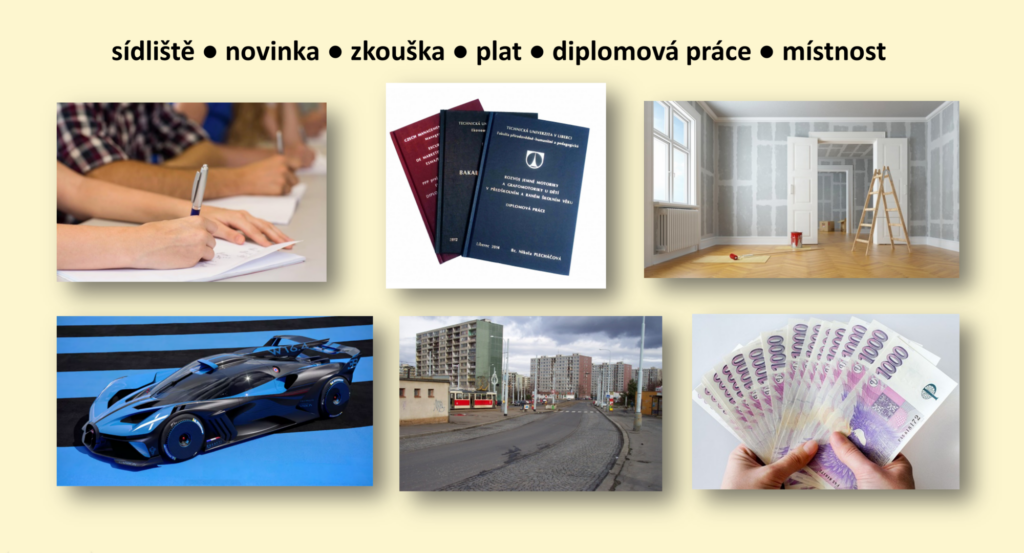
It works for phrases too! My husband and I were having fun practising the words and phrases from the Hobbit in Czech.
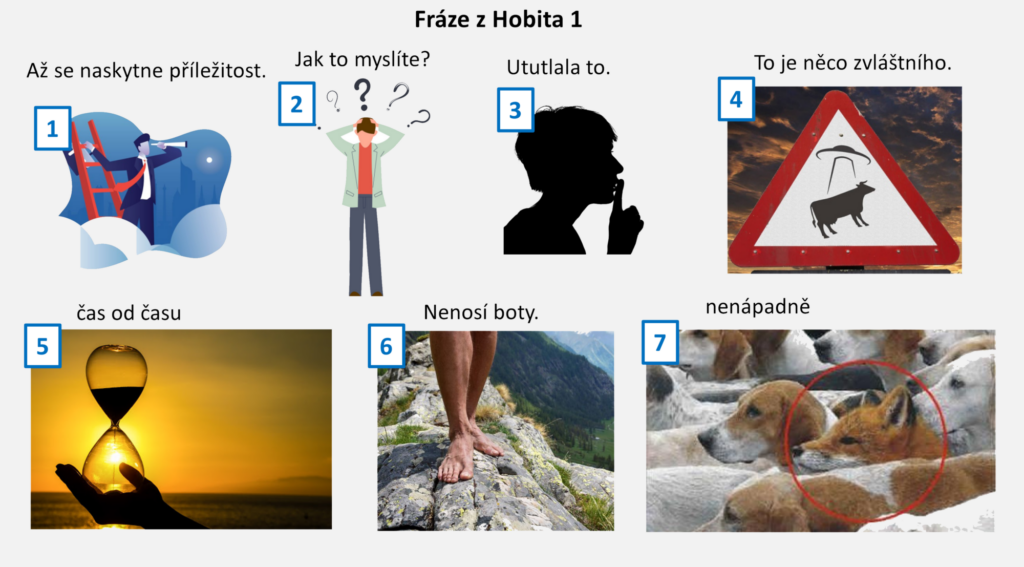
Why not trying it right now? Let’s have a look at these 6 words related to landscape. Choose which language is foreign for you and pair it with your mother tongue:
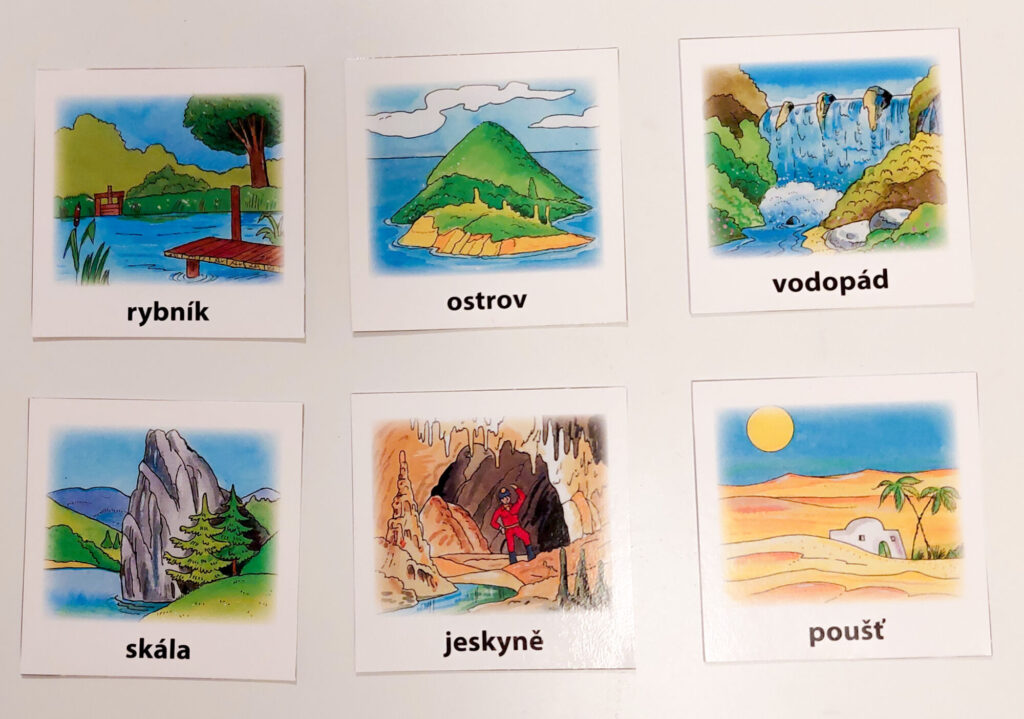
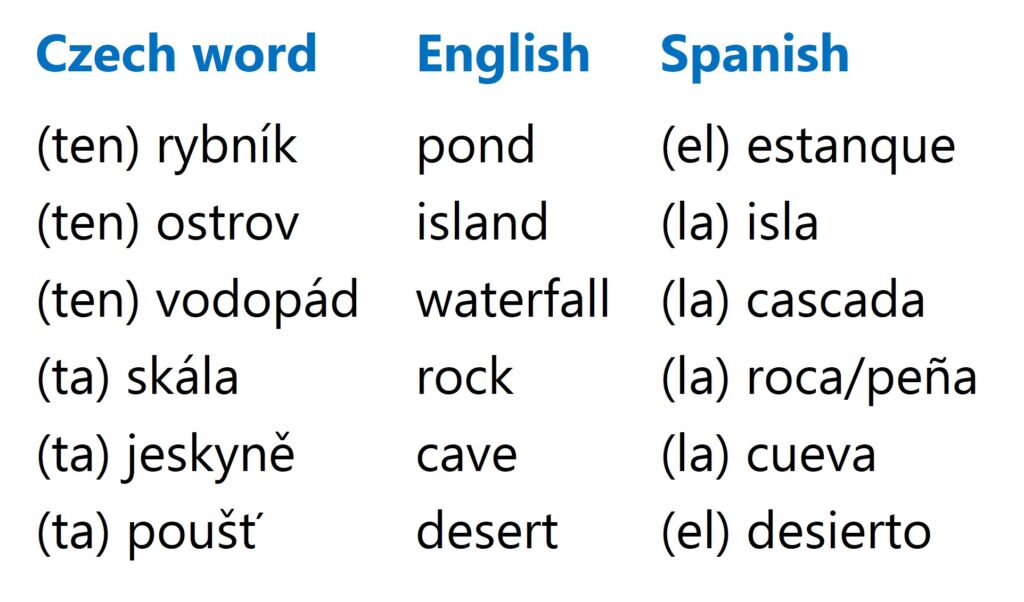
Do you have a favorite way to study the vocabulary? Please share it with me and the readers!

